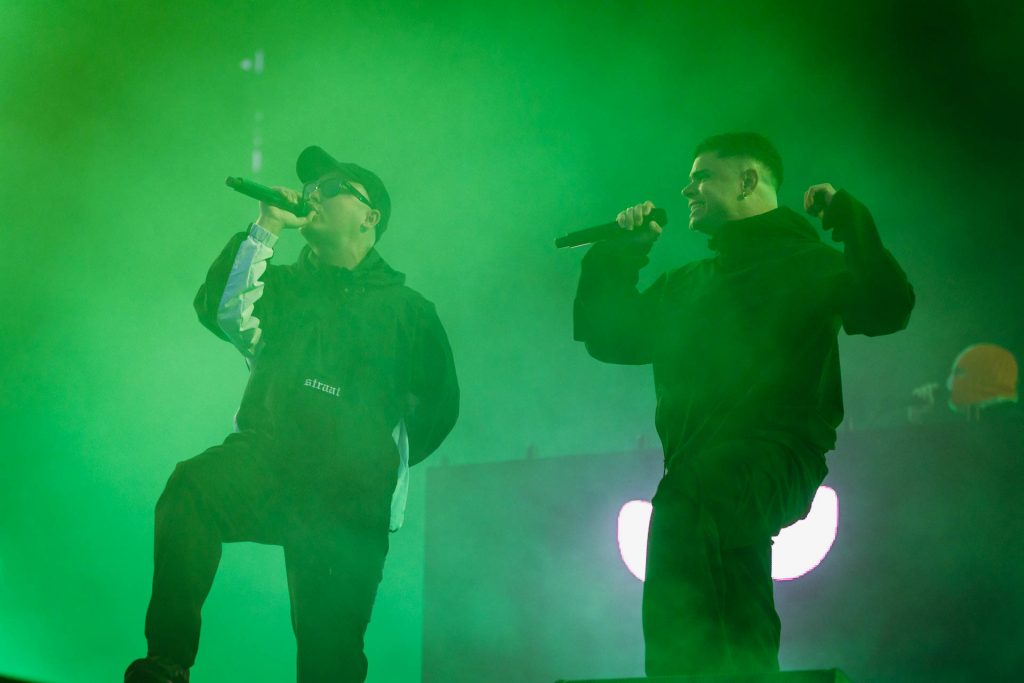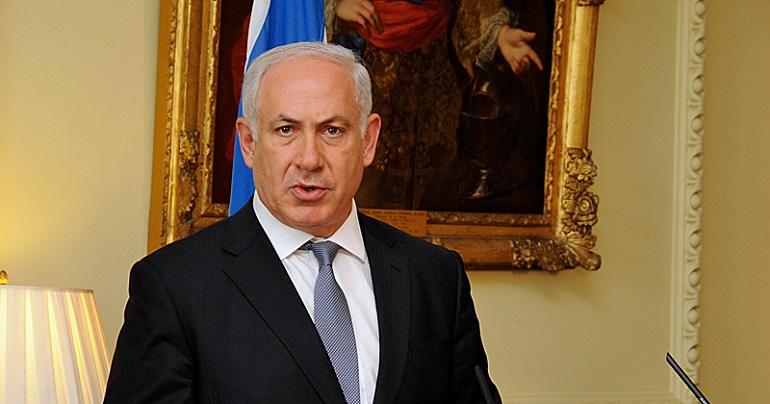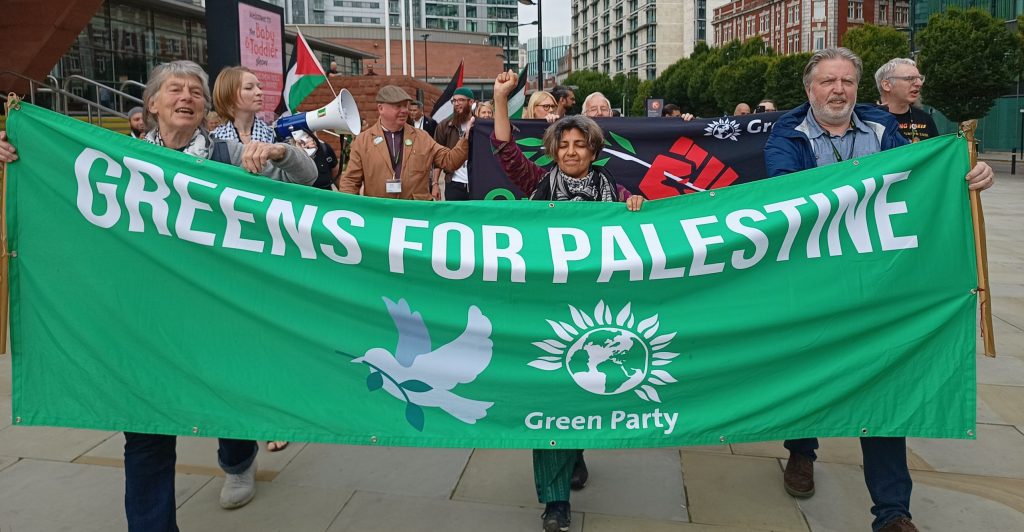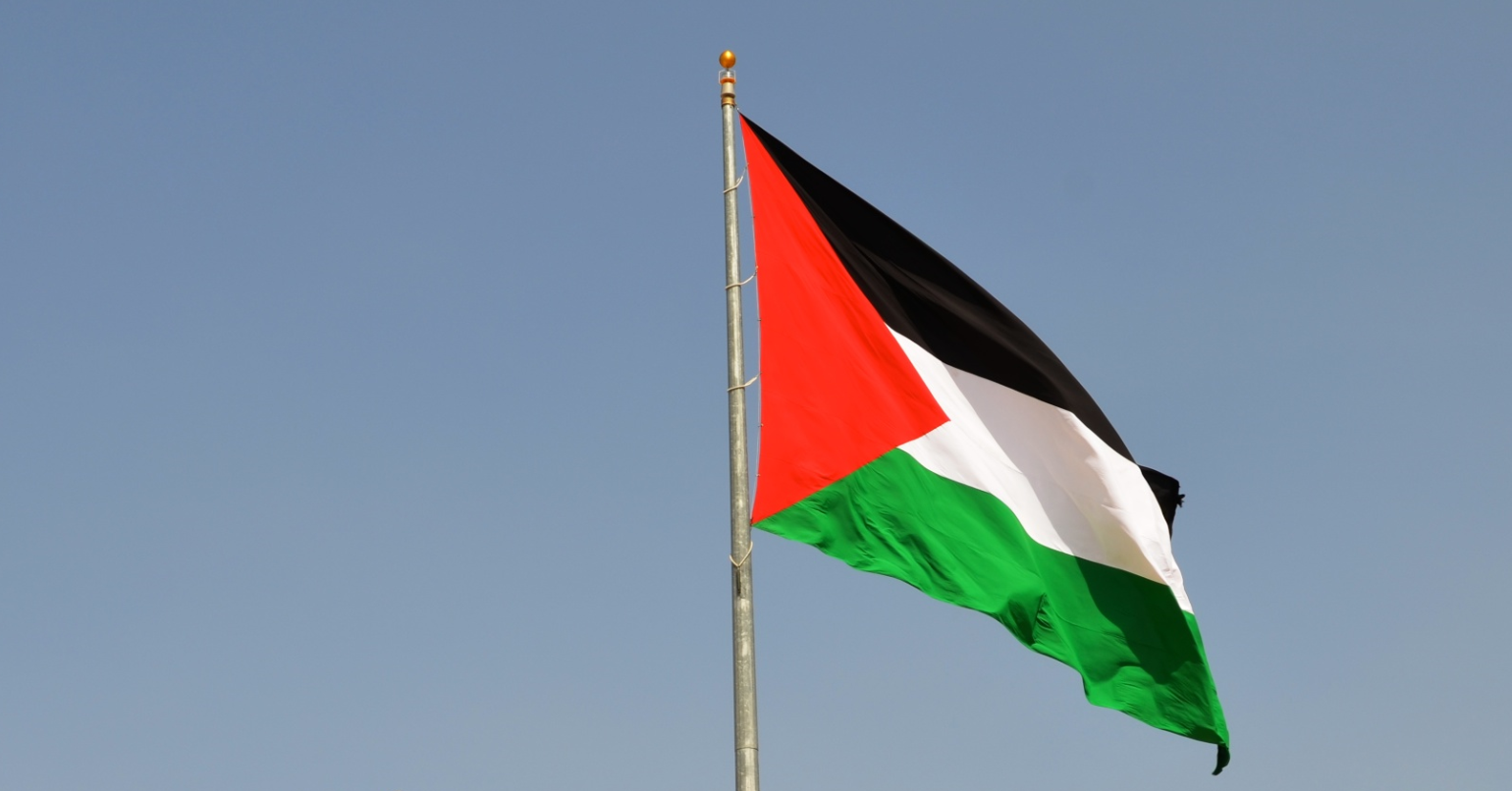A quick recap on Kneecap

Kneecap stormed into the summer festival scene this year amid much noise and controversy. They are a hip-hop group rapping in a blend of Irish and English about the urban Irish experience, culture and identity. They literally give the middle finger to authority and the establishment; this has set them as ‘David’ characters amongst some pretty powerful ‘Goliaths’.
Having studied Brian Friel’s ‘translations’ on a access course as a mature student, I realised that there was very little I was taught at during school about what really happened in Ireland. Through ‘Translations’ I learnt about the decimation of a culture, a language and of the names of peoples and places, alongside a starvation. One of the characters from that play that was seared into my memory was Sarah, a mute Irish peasant girl with a speech impediment that limits her to communicating through gestures and grunts. Her silence becomes a powerful symbol of the loss of voice and identity faced by the Irish-speaking community under British rule.
Kneecap have not only platformed the subjugation of the Irish during 800 years of British rule, but also governments’ complicity in a genocide in Palestine, drawing parallels between the two struggles of oppression whilst also recognizing that ‘the Irish weren’t bombed from fucking the sky…with no-where to go…’.
Kneecap’s uncompromising stance has won the respect of their audiences and raised some eyebrows on the Westminster front benches with both Keir Starmer and Kemi Badenoch’s knickers in a complete twist about how to silence the band.
I missed Kneecap’s performance at the ‘Gig for Gaza’, but I did see them at the Wide Awake Festival, at Brockwell Park in London. They were better than even I imagined they could be. They have a stage performance that they were seemingly born for. They had the crowd chanting to their tunes and to the chant of ‘Free Palestine’. There was dancing, mosh pits and people on shoulders – belting their lungs out to the lyrics. There has been some criticism for their music ability. If you are in any doubt, listen to DJ Provai’s production on 3CAG.
This band has something bold and unique to say about indigenous languages and cultures that have been and are being obliterated. There is an irony that their album entitled ‘Fine Art’ has become the cause of controversy. There have always been ‘fine art’ exhibitions in art galleries that have been controversial and political. Why are a rap band not given the same freedom of artistic license? Picasso’s ‘Guernica’ was a powerful anti-war statement depicting the bombing of a Spanish town during the Spanish Civil war. It has been interpreted as a condemnation of fascism and totalitarianism. It is a work that has generated much controversy due to its strong message and provocative imagery. Are we saying that paintings in art galleries have more privilege or cultural capital over DJing and hip-hop performances on stage?
Is it because they don’t subscribe to polite society and are three working class young men from Belfast who don’t operate or care for the spaces of privilege? In their song ‘Guilty Conscience’ they sing ‘And I never spare a second for c**ts in suits, and when the revolution comes, I’m first out to loot.’ They also poke fun at Arlene Foster, the leader of the Democratic Unionist Party in their song H.O.O.D: ‘Who’s the most violent person you know except Arlene? Ha ha ha’ before blasting back into Irish: ‘Focian caite amrach aris, barricht pointai le barraicat snaois.’ They then follow this with ‘Tiocfaidh ar la, get the brits out lad! A one way ticket, please, I’ve lost my bus pass.’ This blending of languages that fire Ireland into the spotlight, backed up with self deprecating words about losing their bus pass relate to peoples lives – as well as being critical of the system they are fighting against.
Grayson Perry’s work – particularly his tapestries – often explores attitudes towards class and social mobility. His BBC series ‘All in the Best Possible Taste’ explores the relationship between social classes. What I surmised from that series was that the middle class are most unsure of their belonging and identity. The rich, do not give a damn, they are well protected – insulated by their wealth. Then there is the working-class – that have nothing to lose and don’t give a damn either. It appeared throughout this series that both the very wealthy and the very poorest had the most in common. It is this self-deprecating and ‘fuck off’ attitude to authority that has not only landed Kneecap in trouble but also has inspired and appealed to audiences. They openly say ‘low life scum is what they say about me…’ playing into the stereotypes of their working-class culture whilst also questioning that prejudice.
I vividly remember discovering the revelation that was Pulp in my formative years. The lyrics laden with references to ‘woodchip on the wall’, ‘broken biscuits’ and the now famous ‘Common People’ – a tale of a posh St. Martin’s art student wanting to live like the ‘common people’. Jarvis Cocker caught me with the advisory lines ‘Rent a flat above the shop, cut your hair and get a job, smoke some fags and play some pool, pretend you never went to school.’ This was relatable to me as a young working-class person. We weren’t given any golden gateways to University and were often offered vocational courses at the local college or sent straight into the full time world of work – if you could find it.
I also remember discovering Ames, by the Bluetones after joining a local band as a vocalist, also asking self-deprecating questions ‘What if you were raised to feel naturally grateful, guilty?’ and ‘What if you don’t have what it takes to be humble, worthy?’ Their advice is ‘feed your head, save your breath because one of these days you might need it.’ This song really struck a cord with me, given the working-class culture push on being humble, worthy and grateful – particularly when asking for help from authorities above them based on the ridiculous idea of the ‘deserving working-classes’ and the ‘undeserving’. It is clear that Kneecap will never feel naturally humble, grateful or guilty. They are loud, outspoken and proud about who they are and what they believe in – voicing people’s dissatisfaction with the system, politics and politicians.
One of Kneecaps frontmen, Liam Óg Ó hAnnaidh also known as Mo Chara, was facing a terrorism charge after displaying a Hezbolla flag at a gig in north London on 21 November last year. On X Kneecap have said “If you believe that what a satirical band who play characters on stage do is more outrageous than the murdering of innocent Palestinians, then you need to give your head a fucking wobble.” They have consistently repeated the statement that ‘Kneecap is not the story. Genocide in Gaza is.’ Liam Óg Ó hAnnaidh, is due back in court on August 20th. He will be appearing at Westminster Magistrates’ Court for his next hearing. Meanwhile Kneecap continue to perform and sell out shows.
If it takes three working class lads from Belfast to stand up for people being murdered, then what does that say about the state of politics and politicians in the UK? They are amassing popular support for taking the stance they do and it is their working class Irish heritage, history and culture that is guiding them. As it is said by Arlo in the Kneecap film (if you haven’t seen it – you should). “Every word of Irish spoken is a bullet fired for Irish freedom”. Let’s hope they also become bullets for freedom for oppressed and subjugated people across the world.
Image credit: Paul Hudson – Creative Commons




Leave a Reply